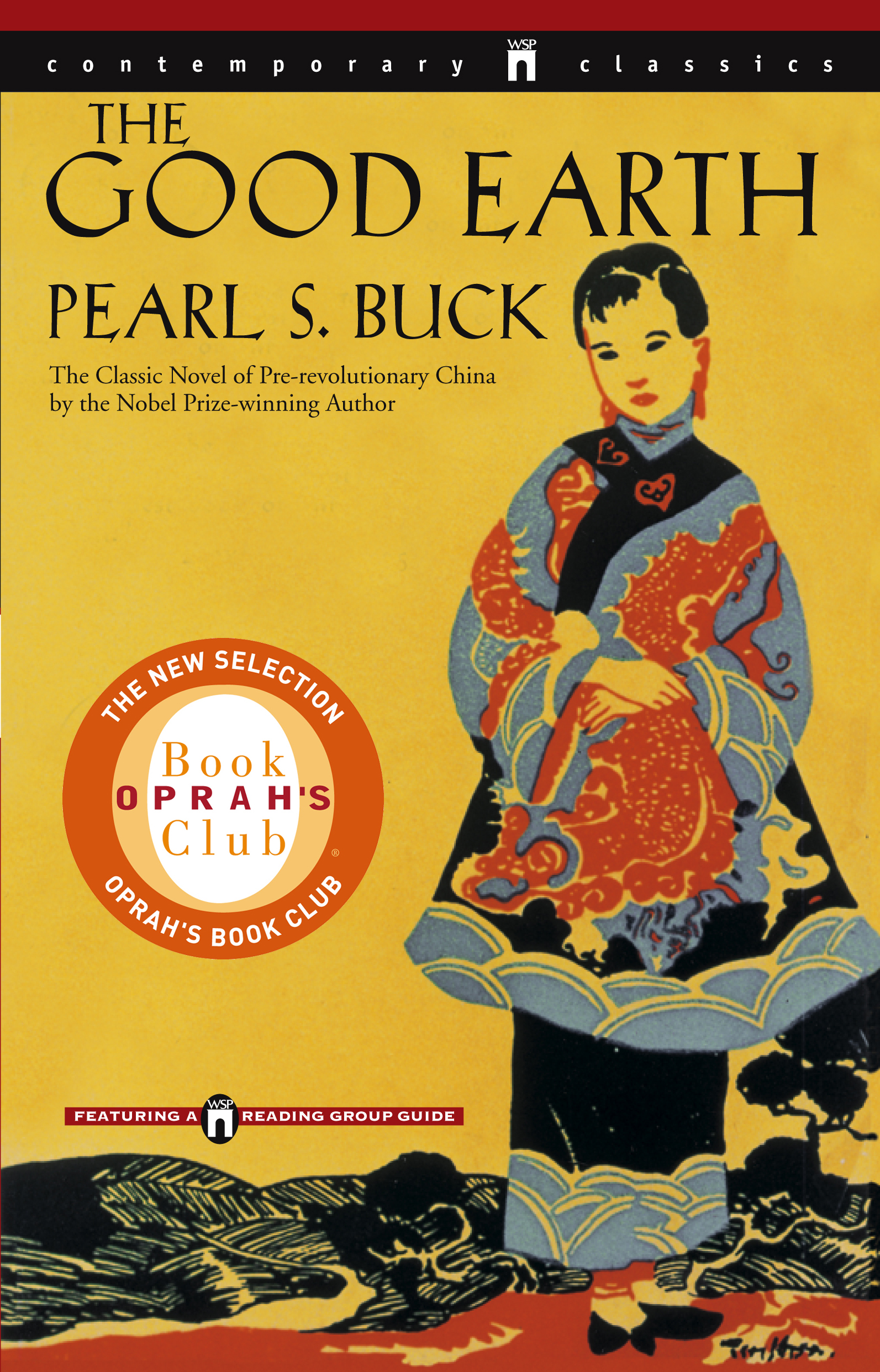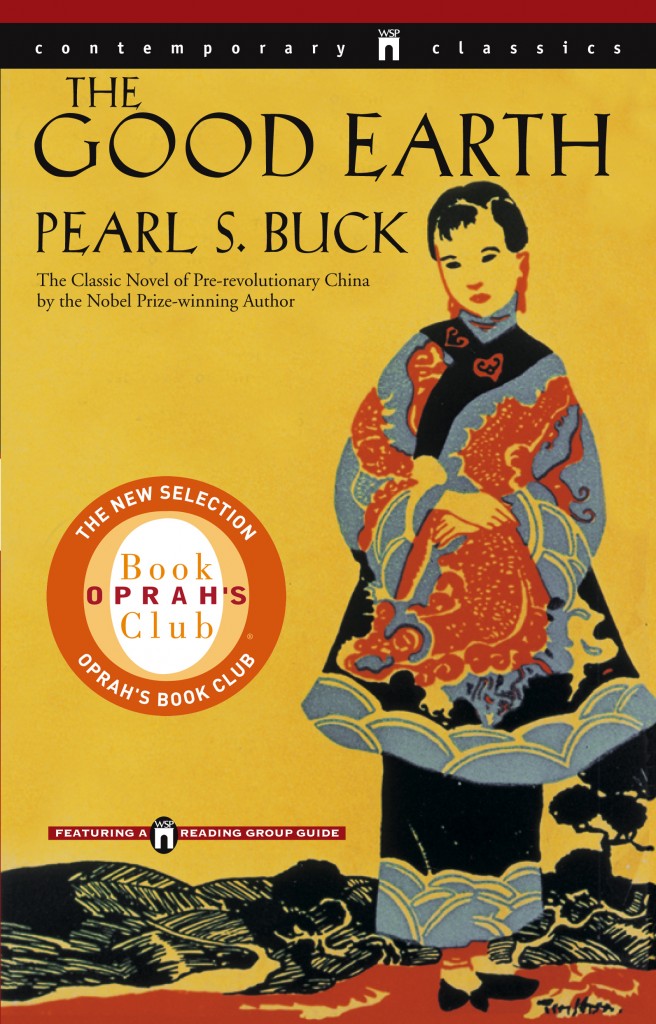[easyreview cat1title=”Quick Rating” cat1detail=”A haunting tribute to the power and beauty of the human spirit. ” cat1rating=”5.0″]

Night is Elie Wiesel’s autobiographical account of holocaust survival. Summon your courage and brace yourself emotionally for the coming onslaught of cruelty inflicted by Hitler on European Jews through an incredibly dark moment in human history.
The first thing that struck me was the purity of autobiographical account being told by Eliezer, a 14-year old Jewish boy living in Transylvanian town of Sighet. As the war raged and the Nazi atrocities mounted, the Jews in that town lived ignorantly contented lives – optimistic that war would soon be over and with a feeling of blissful insulation from its terrors.
Elie Wiesel’s language is plain, devoid of embellishment and his voice throughout the book is matter-of-fact. There is no colorful language to make the pungent odors or the heat emanating from the crematoriums of Auschwitz any more real. His retelling is haunting nonetheless.
This memoir of the daily fight for survival, the personal inner battles to preserve compassion, conscience and religion is a hopeful one. It is no surprise that the author, Elie Wiesel, went on to win the 1986 Nobel Peace Prize. The power and beauty of human spirit in the face of the dehumanizing brutality of a monstrous regime is deeply inspiring.




